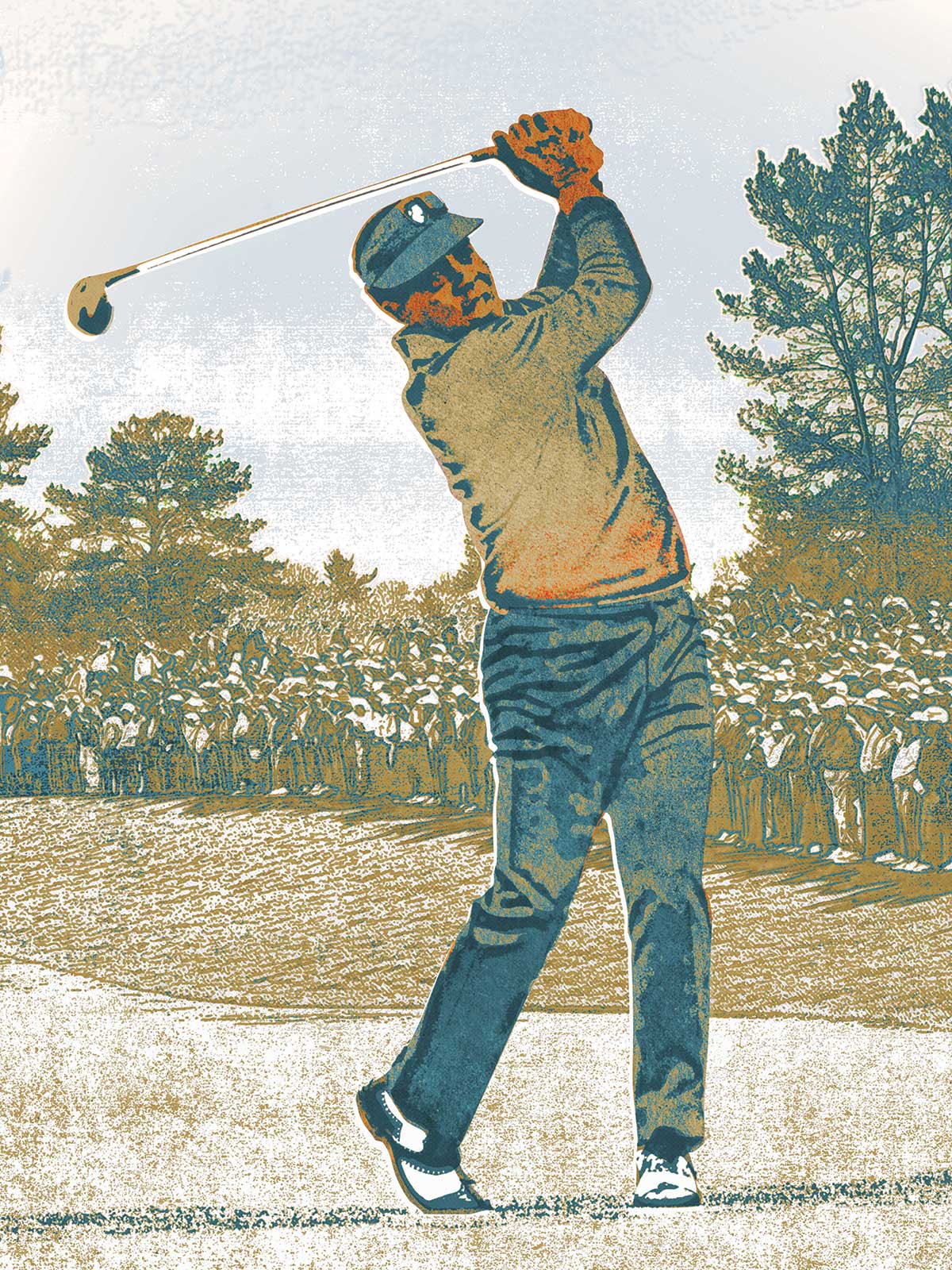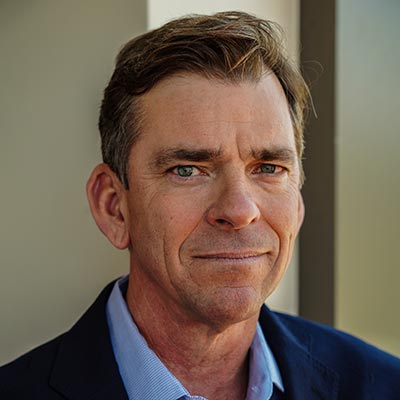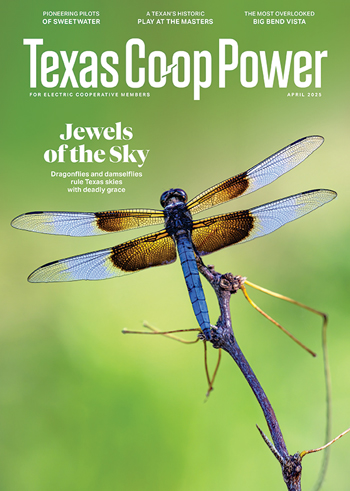Lee Elder was 40 when he played in his first Masters Tournament, the spring golf ritual in Augusta, Georgia, that represents the first of the four major championships each season. But his rather advanced age wasn’t the story at all 50 years ago this month—in April 1975. Nor were the death threats.
The Dallas native had become the first African American to compete in the Masters. Augusta National Golf Club, which organizes and hosts the tournament, had finally responded to the civil rights movement of the 1960s. While the club had no formal policy banning Black players, it nonetheless had never extended an invitation to one.
That changed in 1971.
That year, the Masters announced that any player who had won the previous season on the PGA Tour would automatically qualify—a policy that exists to this day.
Elder won the 1974 Monsanto Open in Pensacola, Florida. It was two weeks after Hank Aaron broke the Major League Baseball home run record set by Babe Ruth.
Elder’s acceptance to play in the Masters generated massive publicity. It felt like a watershed moment in American sports.
“Move over, Hank Aaron,” wrote The Chicago Defender, a Black newspaper. “There’s enough room in the spotlight for at least two people.” The threats soon followed.
In April, as the Masters neared, Elder rented two houses near the course for himself and his wife. He wanted no one else to know where he would be while competing.
It was all so new and unnerving to the U.S. Army veteran who, along with his nine siblings, had lost his parents when he was young. Born in 1934, Elder caddied with his brother Raymond at Tenison Park Golf Course in Dallas, miles from the nearest course that allowed Black players. He moved to California in the 1940s to live with an aunt.
There he caddied, toiled in bag rooms, did odd jobs in pro shops and gradually learned to hit a golf ball straight and far.
Elder joined the United Golfers Association, a tour for Black players, who were, at the time, excluded by fiat from the PGA Tour.
Elder thrived on the UGA. He won 18 of 22 tournaments in one remarkable stretch. But that wasn’t where the money and prestige were; UGA purses were a pittance. Elder joined the PGA Tour in 1968, seven years after it lifted its Caucasian-only policy.
That August, he took the mighty Jack Nicklaus to a playoff in Akron, Ohio. Elder had arrived. People knew his name.
He eventually won four tournaments in 448 starts on the PGA Tour, including once in Texas, at the 1976 Houston Open. He proved, with Charlie Sifford and Calvin Peete, that Black players belonged in professional golf.
Elder missed the 36-hole cut at that Masters (a tournament he would play five more times) in his 1975 debut. He later said he felt seen in a way he never had.
“The display from the employees at Augusta National was especially moving,” Elder, who died in 2021, told Golf Digest in 2019. “Most of the staff was Black, and on Friday, they left their duties to line the 18th fairway as I walked toward the green.
“I couldn’t hold back the tears. Of all the acknowledgments of what I had accomplished by getting there, this one meant the most.”



